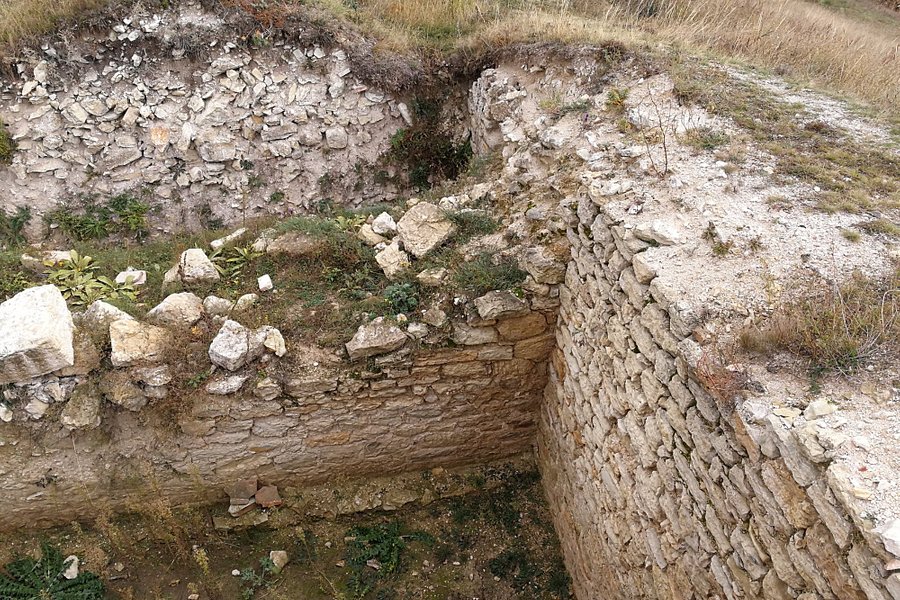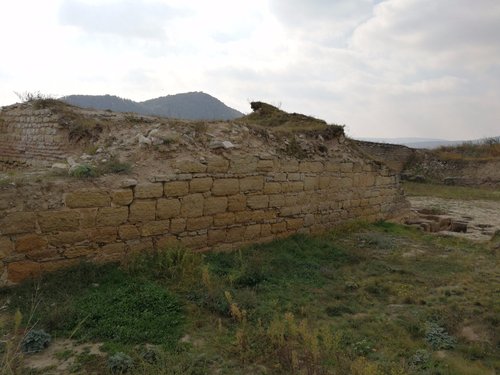Ibida, Southeast Romania, Romania
4.0 (2 reviews) Spent < 1 hour Ranking #1 in Tulcea County Ancient Ruins

Nice hidden place
Ibida is one of the less popular ancient ruins in Romanian and that means that the chances of a crowd are really low. In most chases you will have the place all for yourself. There are no documentation on site about the ruins and what was their role in the local history of the place but a short internet search can take care of that. On top of the nice walls of the ancient settlement you can also enjoy the views that are characteristic for Dobrogea county. There is no entry fee so there is no reason not to stop by when in the are.









Address
, Slava Rusa, Romania.
Website
http://www.arheologie-ibida.eu/
Current local date and time now
Thursday, May 09, 2024, 15:17
User Ratings
4.0 based on (2 reviews)
Excellent
0%
Good
100%
Satisfactory
0%
Poor
0%
Terrible
0%
Reviews
-
4Herutza 5:00 PM Oct 28, 2017
Less known ancient settlement
Nice place to visit, a bit less known so definitely not crowded. The view is beautiful, in the middle of the countryside, If in the area we recommend a visit as it has it's unique charm. The access is easy from the main road and there is no entrance fee. Check out some details from wikipedia "Libida or Ibida was an ancient settlement in Scythia Minor, today's Dobruja region of modern Romania. It is within the commune of Slava Cercheză, in the village of Slava Rusă.[1][2][3] The settlement existed in Getic times (4th century BC). Its growing importance as a centre of commerce led to the construction of the fortified town during the reign of the Tetrarchy and Constantine the Great. It was tentatively identified by V. Pârvan as polis Ibida, a town briefly mentioned by Procopius as one of those repaired by Justinian (De aed. IV,7). A. Aricescu identified it as Libida, based on a short passage from Theophylactus Simocatta. The town and area around was abandoned in the 7th cent. AD after the Bulgar invasions."